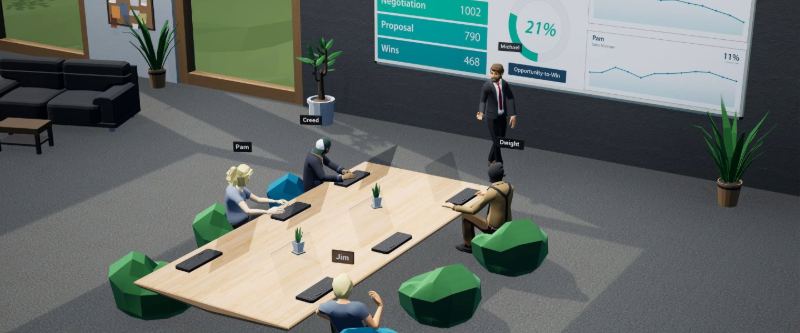Engage with humility
Leading through failure and its aftermath is about listening, not commanding. When leaders ask questions instead of giving orders, they create a safe space for team members to suggest solutions for improvement– even under pressure. This “humble inquiry” sparks more innovative, effective responses.
Leverage “dynamic delegation”
Don’t limit problem-solving to top experts. Empower the person with the most relevant knowledge, even if they lack formal authority. This approach unlocks fresh insights and fosters fast, creative solutions to complex problems.
Prepare for failure before it happens
Setting up protocols for handling mistakes can prevent panic and enable quick responses. But don’t stop there: build in post-action reviews to turn every setback into a learning opportunity. A clear structure reduces hesitation and empowers continuous improvement.
Be accessible beyond titles
When people err or fail, they seek guidance from leaders they trust; not necessarily the most senior or knowledgeable figures. Show that you’re available and supportive to build trust and encourage open communication when issues arise.
Shift from “failure-as-loss” to “failure-as-data”
A learning mindset views mistakes and failure as insights for improvement. By modelling this approach, leaders help others reframe mistakes, reducing stigma and creating an environment where everyone feels safe to learn and grow.
Encourage role-switching
Let team members experience different roles to gain new perspectives. This practice builds adaptability and empathy, helping teams navigate challenges with resilience and understanding.





